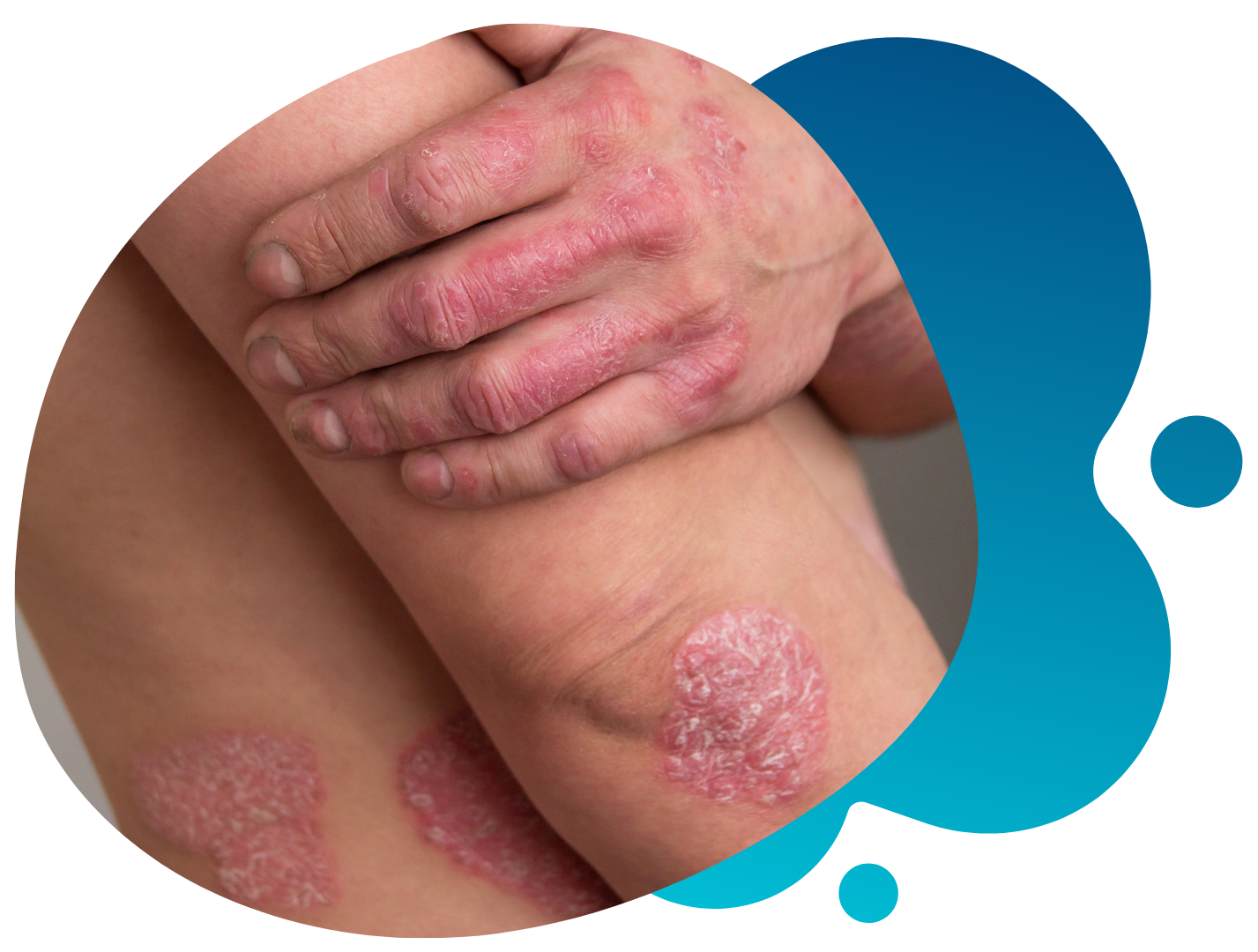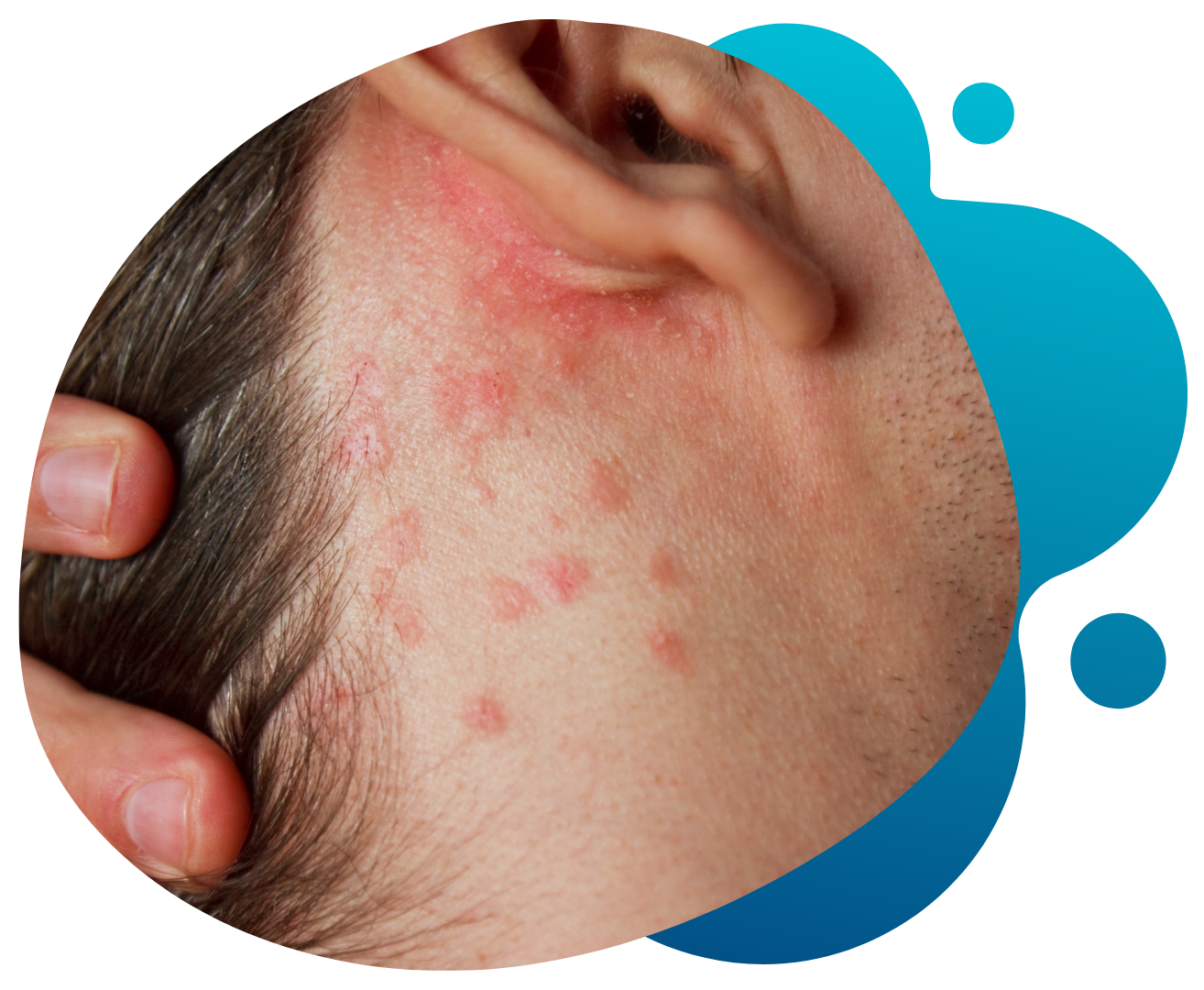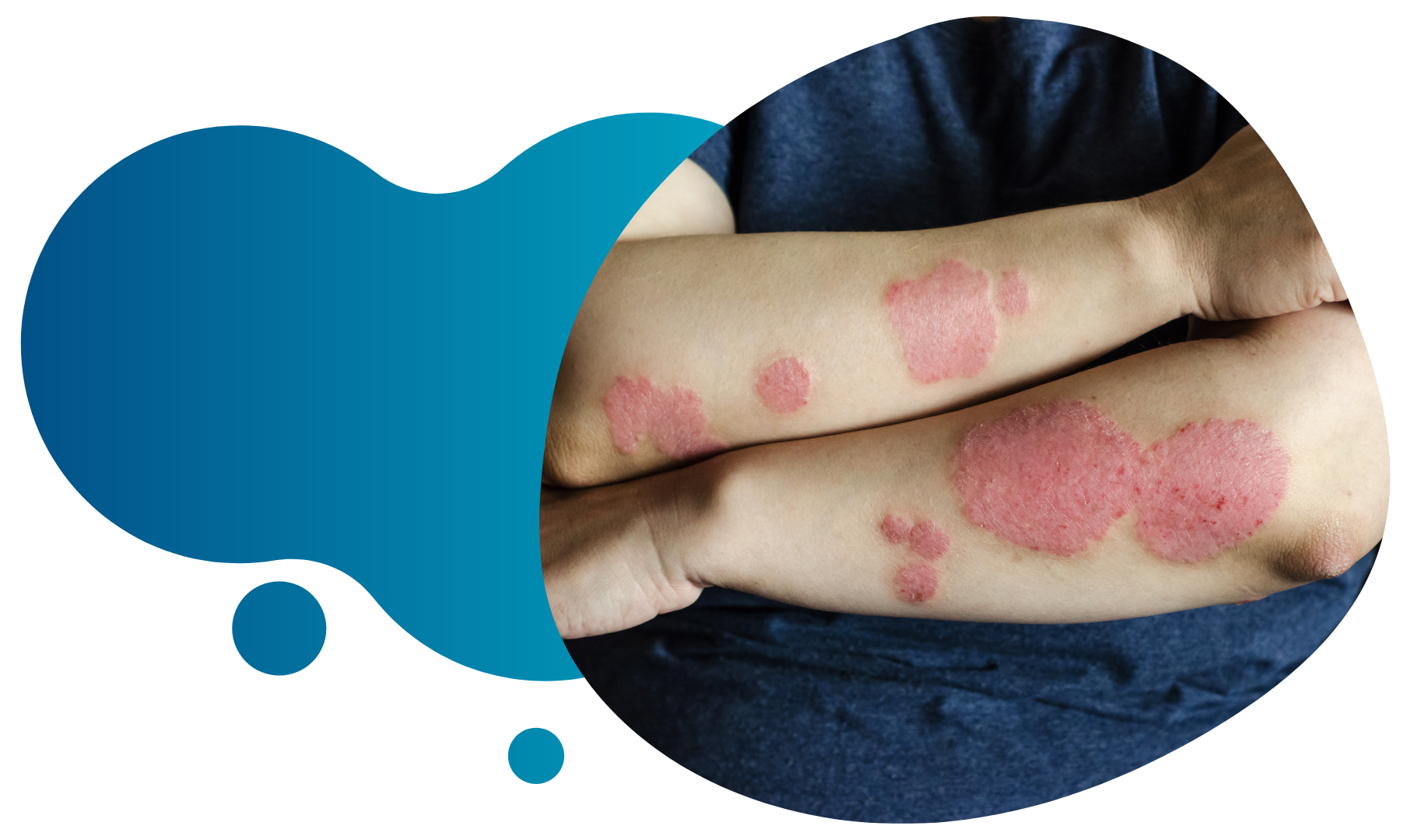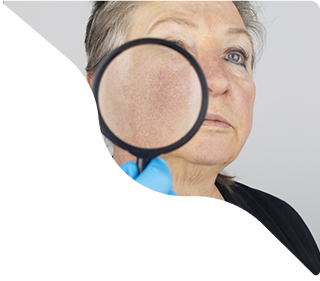Don't Suffer in Silence: Participate in Atopic Dermatitis Research
Do you have Atopic Dermatitis (Eczema) and are unable to manage your symptoms? Conquest Research is conducting a clinical trial for patients with Atopic Dermatitis (AD) testing a novel medication. Join the trial to contribute to the development of this treatment and potentially benefit from its effects.
Find Your Eligibility: What to Expect From Screening for Atopic Dermatitis (Eczema)
Conquest Research is committed to helping people with Atopic Dermatitis (Eczema) or eczema by offering them the opportunity to participate in clinical trials that could lead to new treatments. We follow strict safety protocols for our participants, which include a screening process to determine their eligibility. Our screening process consists of:
Atopic Dermatitis (Eczema), also known as eczema, is a common chronic skin condition that causes red, itchy, and dry skin. Atopic Dermatitis (Eczema) can affect individuals of any age, but it is more frequently seen in infants and children. The exact cause of Atopic Dermatitis (Eczema) is unknown, but it is believed to be related to an overactive immune system. Environmental factors, such as exposure to certain allergens or irritants, can also trigger or worsen Atopic Dermatitis (Eczema) symptoms. While there is no cure for Atopic Dermatitis (Eczema), there are various treatments available that can help manage symptoms and improve quality of life.


Criteria For Qualification When Volunteering For Atopic Dermatitis (Eczema) Clinical Trials
At our clinical research site, we are currently conducting clinical trials to find effective treatments for Atopic Dermatitis (Eczema). As a volunteer for our Atopic Dermatitis (Eczema) clinical trials, there are certain criteria that must be met in order to qualify. We are looking for individuals who are 18 years or older, diagnosed with moderate to severe Atopic Dermatitis (AD), and have not responded to previous treatments. Additionally, volunteers must be willing to attend study visits, follow study instructions, and avoid certain medications during the trial. If you meet these qualifications, we invite you to consider joining our clinical trial and helping to advance the development of new treatments for Atopic Dermatitis (Eczema):
• 18–65 yrs old
• Have moderate–to–severe atopic dermatitis
Reasons to Join An Atopic Dermatitis (Eczema) Clinical Trial
Besides improving your quality of life, and helping to develop new treatments for Atopic Dermatitis (Eczema), participating in an Atopic Dermatitis clinical trial can offer some additional advantages as a patient.
Frequently Asked Questions About Atopic Dermatitis or Eczema Clinical Trials


Rally Against Eczema by Joining an Atopic Dermatitis Clinical Trial Today!
Are you tired of dealing with the constant itching, dryness, and inflammation caused by eczema? Join our Atopic Dermatitis clinical trial today and contribute to the development of new treatment options for this chronic skin condition affecting millions of people worldwide. By participating, you'll have access to new investigational treatments in atopic dermatitis research and potentially improve your quality of life. If you or someone you know is struggling with atopic dermatitis, fill out the form to see if you qualify for our open clinical trials. Join us in the rally against eczema and sign up now!





